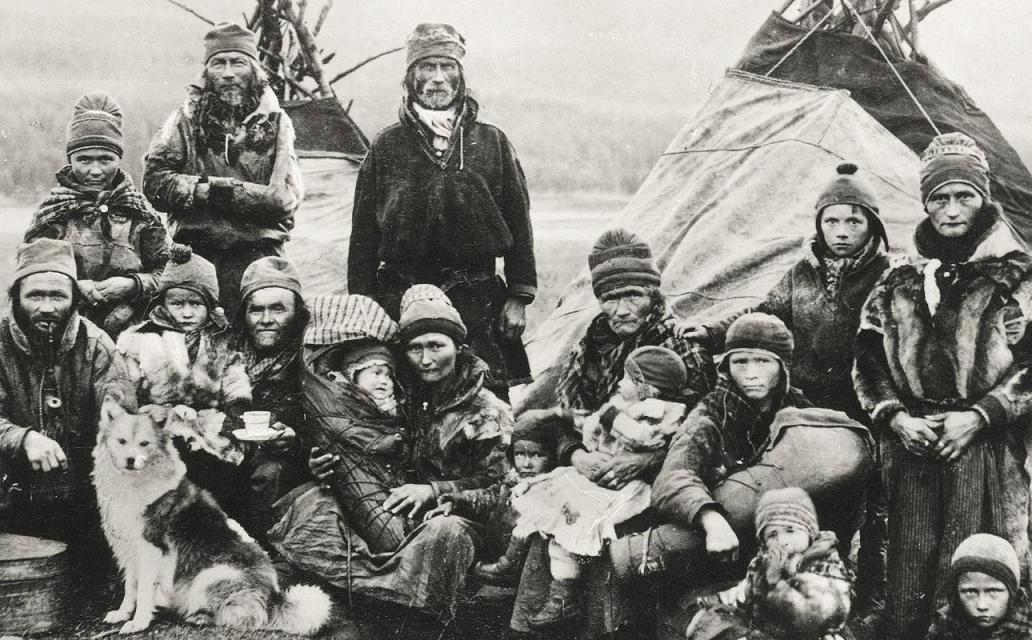Ethnic European continent is home to a large number of diverse ethnic groups. From the Iberian Peninsula in the west to Russia in the east, Europe exudes a rich cultural diversity. In this article, we will explore some of Europe’s most famous ethnic groups, exploring their history, unique cultural traditions, and the legacies they have left in modern society.
Celts Tribe
One of the famous ethnic groups in Europe is the Celts. They lived in what is now Ireland, Scotland, Wales and most of the rest of the Celtic lands. The Celts have a rich cultural heritage, including the Gaelic language, elaborate arts and crafts, and a living tradition of music and dance. Festivals like St. Patrick’s Day and Beltane are still celebrate today, demonstrating the continuation of Celtic culture.
Vikings
The Vikings, who came from the Scandinavian region, were a people for their conquests and explorations in the Middle Ages. The Vikings spread to various parts of Europe, including England, France and Russia. They left a legacy in their art, language and culture.
The Vikings were also known for their powerful ships and advance navigation technologies, such as the use of a sun compass. Until now, the Viking cultural heritage is still felt in the traditions of Scandinavian society.
Slavic peoples
The Slavic peoples are the largest ethnic group in Europe, spreading from Eastern to Central Europe. They have a rich cultural heritage, including a distinctive Slavic language, visual arts, music and literature. Slavic peoples also have diverse religious traditions, including Eastern Orthodox Christianity in Russia and Catholicism in Poland and the Czech Republic. Traditional celebrations such as Ivan Kupala Night and Slavic Easter are still celebrate today.
Romans
The Romans were an ancient tribe that made a major contribution to civilization in Europe. The Roman Empire dominated the Mediterranean and Western Europe for centuries. The Romans brought culture, laws, systems of government, and advanced technology to the areas they controlled. Roman cultural heritage is still visible in the Latin-influenced language, architecture and legal systems of European countries such as Italy, France and Spain.
Sami Tribe
The Sami people are an indigenous people who live in northern Europe, especially in Norway, Sweden, Finland and Russia. They have a distinctive tradition of pastoralism and nomadic life. Sami culture is characterized by fine art, music and beautiful handicrafts. The Sami people also have a rich oral tradition, with folklore being passed on from generation to generation. It is important to preserve the Sami culture and language to ensure the continuity of this distinctive culture.
Eastern European Nations
Eastern Europe is also home to various ethnic groups who have a unique cultural heritage. Hungarians, whose languages are related to Finnish and Estonian, carry distinct traditions of music, dance and cuisine. The Roma living in Romania also have rich cultural traditions, such as intricate stained glass paintings and emotional traditional music.
Living Cultural Heritage in Modern Society
The cultural heritage of European ethnic groups lives on in modern society. Traditions such as festivals, religious observances, fine arts, and crafts continue to be celebrated and practiced. Technological developments and globalization have paved the way for cultural exchanges between ethnic groups, creating opportunities to better understand and appreciate the richness of existing cultures.
The Importance of Cultural Preservation
Preservation of European ethnic culture is essential to maintaining a rich cultural heritage and diversity. International and national organizations play an important role in preserving unique languages, traditions and cultural heritage. Collaborative efforts to preserve this cultural heritage will ensure that future generations can appreciate and understand this precious heritage.
Conclusion
The ethnic diversity of Europe reflects a complex history and cultural heritage. From the creative Celtic peoples to the courageous Vikings, from the diverse Slavic peoples to the influential Romans, every people made their unique contribution to European identity. In a modern, increasingly connected society, it is important to protect, respect and preserve this cultural heritage so that it can be passed on to future generations.

